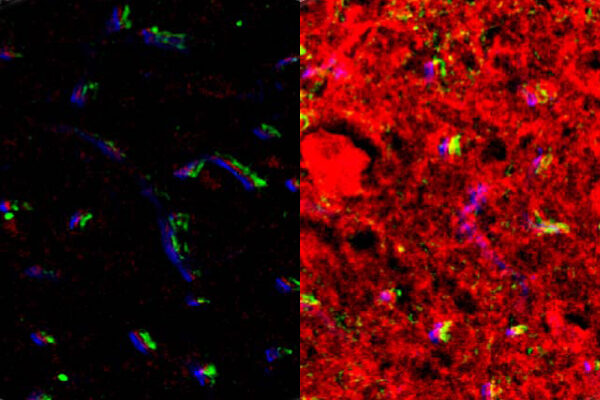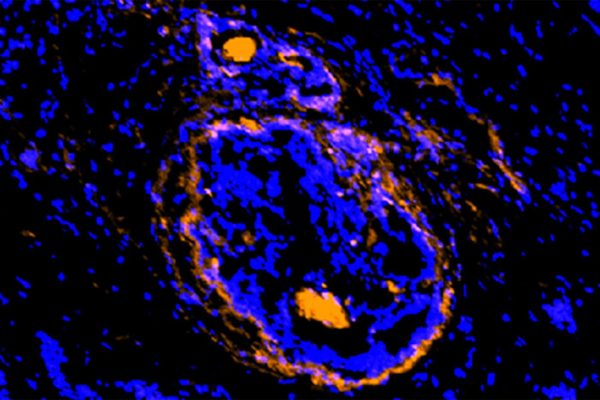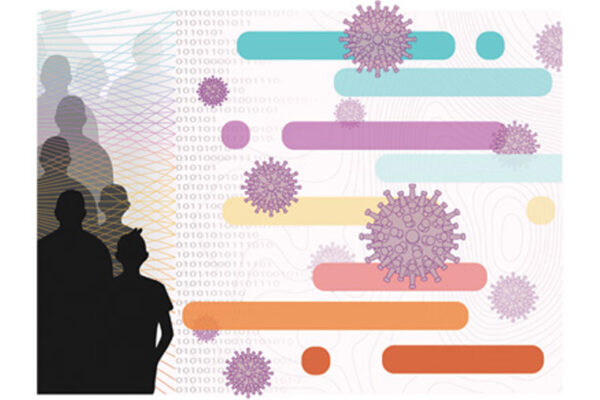
Researchers have been experimenting with different ways to deliver genes to the brain to treat central nervous system diseases and tumors. One of the obstacles, however, is the ability to penetrate the blood-brain barrier while having minimal effect on the other organs in the body.
Hong Chen, associate professor of biomedical engineering at the McKelvey School of Engineering and of radiation oncology at the School of Medicine, both at Washington University in St. Louis, and her team found an effective method to overcome that obstacle using focused ultrasound intranasal delivery (FUSIN). In new research, they found that the intranasally delivered gene therapy had comparable or better outcomes than existing methods while having minimal effect on the body’s other organs.
Results of the research, led by Chen and Dezhuang Ye, a postdoctoral research associate, and collaborators, were published online in the journal eBioMedicine Sept. 21. It is the first study to evaluate the potential of FUSIN to deliver adeno-associated viral vectors, small viruses used to deliver gene therapy, in a mouse model.
Read more on the engineering website.


